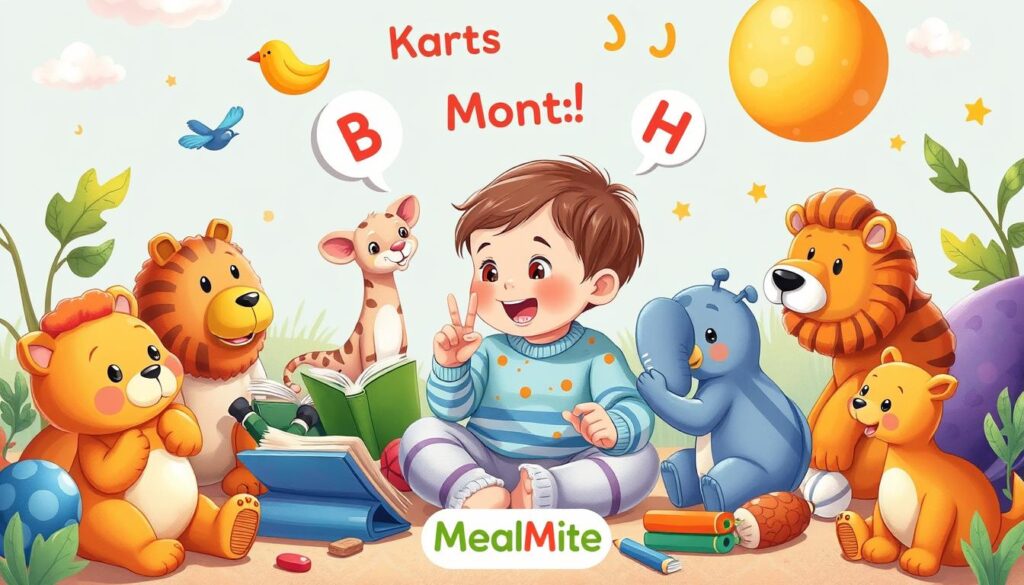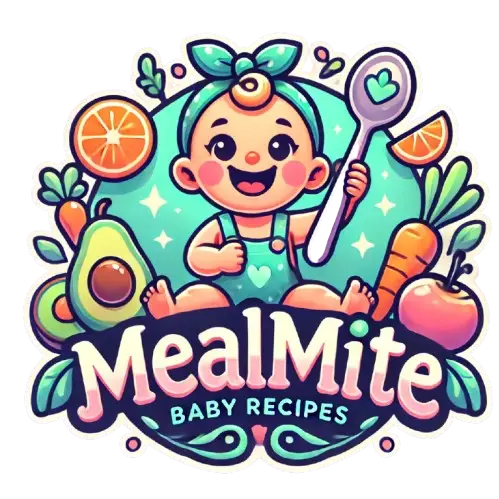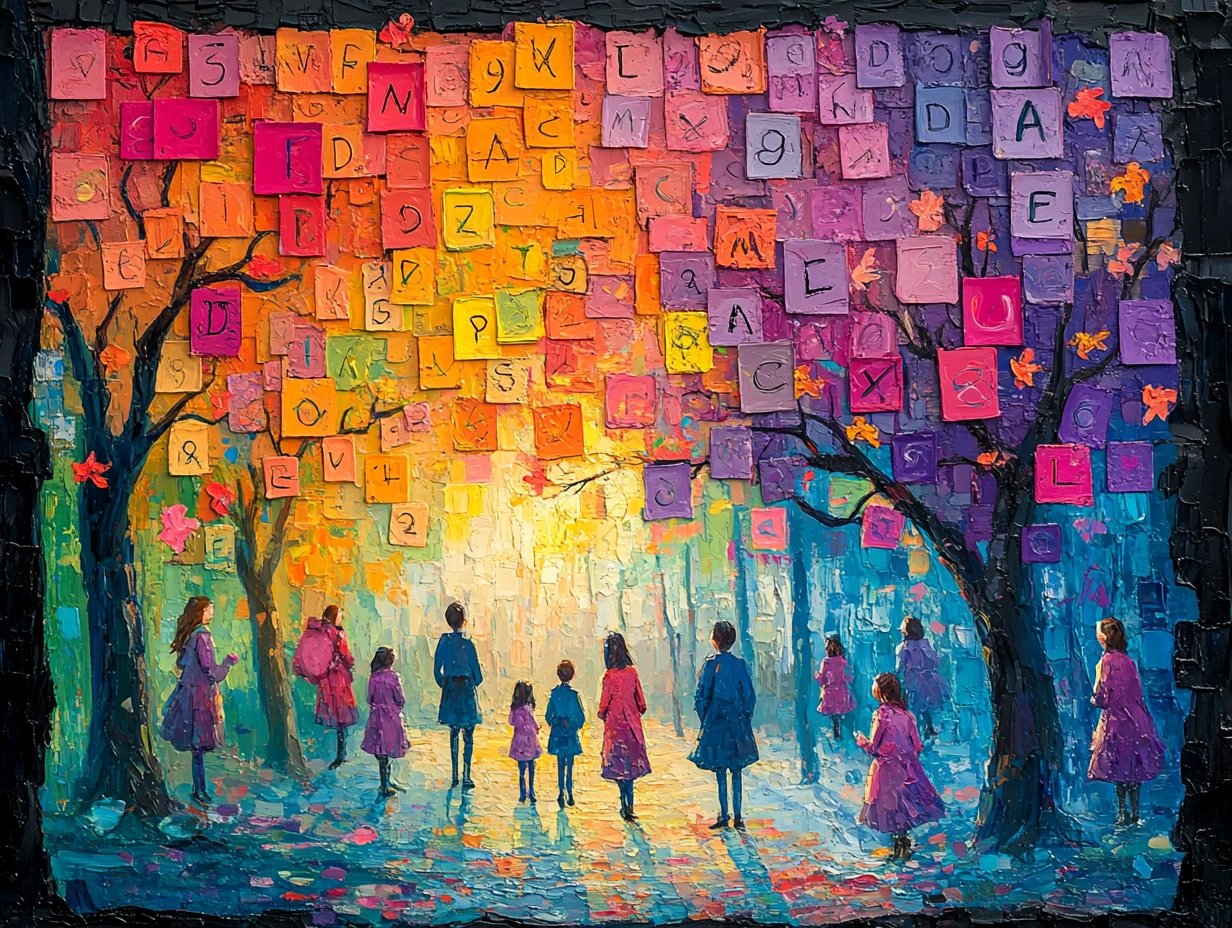How Many Words Should A 18 Month Old Say? By 18 months, most kids say between 20 to 50 words. Some say fewer, while others say more. This is a key time for language growth. Knowing about language and speech milestones helps support your child.
Table of Contents
As a parent, you might wonder if your child is meeting language milestones. You can help a lot by encouraging and watching your child’s progress. This way, you can spot any issues early and get help if needed. It’s important for your child’s language and speech skills.

Key Takeaways
- Most children say between 20 to 50 words by 18 months.
- Some children may have fewer or more words and still be developing typically.
- Understanding language development and speech milestones is crucial for supporting your child’s growth.
- Encouraging language development through daily activities can help your child progress.
- Monitoring your child’s progress and seeking professional advice is essential for their language development and speech milestones.
- Language development and speech milestones are critical components of your child’s overall development.
- Early intervention through speech therapy can significantly improve progress in language development and speech milestones.
Understanding Speech Development at 18 Months
At 18 months, your child’s speech development is exciting and fast. Toddler communication is key at this time. You’ll see big steps in their vocabulary.
Children usually say at least 20 words by 18 months, but many say 40 words or more. This is a time of rapid growth in their language skills.
Research shows that 18-month-olds have a vocabulary of 70-100 words. They start using simple word combinations, like two words, between 18-20 months. Remember, every child grows at their own pace.
Typical Language Milestones
By 18 months, kids say “mama” or “dada.” They understand simple instructions and use gestures to talk. They can also understand about 200 words and follow simple directions.
Receptive vs. Expressive Language
Receptive language involves understanding words, while expressive language involves speaking and gesturing. At 18 months, children are getting better at both. They understand more words than they can say, and their speaking skills are growing fast.
Individual Development Variations
Every child grows at their own pace. Some may speak more, while others may need more time. If you’re worried about your child’s speech, talk to a speech professional.

| Age | Average Vocabulary Size |
|---|---|
| 18 months | 70-100 words |
| 24 months | 100-200 words |
Knowing typical milestones and individual differences helps support your child’s speech. It encourages their vocabulary to grow at 18 months.
How Many Words Should a 18 Month Old Say: The Basics
By 18 months, most kids say between 20 to 50 words. Some might say fewer, while others say more. This is a key time for language development. Parents should know the milestones their child should hit.
The CDC says an 18-month-old should say three or more words, not counting “mama” or “dada.”
At this age, kids have a “language explosion.” They learn up to 10 new words a day. This is thrilling for parents, as they see their child’s words grow.
Speech therapy can help kids who struggle to meet these milestones. It helps them learn to communicate better.
Some important milestones for an 18-month-old include:
- Saying at least three words beyond “mama” or “dada”
- Following simple instructions
- Pointing to objects in a book when asked
- Saying at least two words together, such as “More snack”

Parents can help their child’s language development by talking often, reading together, and singing nursery rhymes. They should also encourage their child to imitate sounds and words. This helps their child communicate well and reach their full potential.
Signs of Healthy Language Development
As a parent, you’re eager to see your child hit speech milestones. Healthy language development is key to a child’s growth. Look for signs like saying around 10 words by 18 months and knowing names for people and objects.
Signs of healthy language include babbling and making sounds. Non-verbal skills like gesturing and pointing are also important. Engaging in activities like reading and play helps your child’s language grow.
Verbal Communication Markers
Verbal markers are crucial for language growth. Saying a few words like “mama” and making sounds are key. By 18 months, kids say about 10 words and start combining them.
Non-verbal Communication Skills
Non-verbal skills are just as vital. They include gesturing, pointing, and using facial expressions. Kids usually develop these before they start speaking.
By watching your child’s progress and encouraging them, you help them reach speech milestones. Remember, every child grows at their own pace. Be patient and supportive to help your child develop strong language skills.
Common Speech Patterns at This Age
By 18 months, most kids say between 20 to 50 words. Some might say fewer, while others say more. At this time, language development is fast. Kids start to link words with objects.
Their 18-month-old vocabulary might include simple words like “mama” or “dada.” They might also start combining two words, like “mama go.”
Some common speech patterns at this age include:
- Saying “mama” or “dada” to refer to parents
- Using gestures like waving or pointing to communicate
- Starting to combine two words, like “mama go”
Remember, every child grows at their own pace. Some might have more words in their 18-month-old vocabulary than others. Knowing common speech patterns and language development milestones helps support your child’s growth.
Research shows kids at this age learn about 70 new word meanings every month. This fast language development is key to their growth.
| Age | Vocabulary | Communication Skills |
|---|---|---|
| 18 months | 20-50 words | Combining two words, using gestures |
| 2-3 years | 50-100 words | Using simple sentences, identifying objects |
| 3-4 years | 100-300 words | Using complex sentences, engaging in conversations |
Encouraging Language Development at Home
As a parent, you have a big role in helping your toddler learn to talk. By 18 months, they should say more than just “mama” or “dada.” To help them grow, make your home a place where language is encouraged. This means reading together, playing games, and talking a lot.
Here are some ways to help your child at home:
- Read books with simple pictures to help them learn new words.
- Play games like singing songs to help them hear sounds better.
- Play games like “Simon Says” to improve their listening and speaking.
Adding these activities to your daily routine can help your child a lot. Every child learns at their own speed, and some might need extra help. But with your support, they can do great things in toddler communication.
When to Consult a Speech Professional
As a parent, watching your child’s language growth is key. If your child doesn’t say at least 10 words by 18 months, it could mean a delay. By 18 months, a child should know about 20 words and understand around 50.
Look out for other signs too. These include:
- Not pointing to at least five pictures on request
- Not identifying at least four body parts or clothing items on themselves
- Not responding to a few simple directions
Getting help early is vital for language delays. A speech professional can guide your child to overcome these challenges. Regular check-ups and therapy can greatly boost their language skills.
Every child grows at their own speed, and some need extra help. Knowing the usual language milestones and getting professional advice can set your child up for success.
| Age | Vocabulary | Understanding |
|---|---|---|
| 18 months | 20 words | 50 words |
| 2 years | 100 words | 200 words |
| 3 years | 300-500 words | 1000 words |
Supporting Multilingual Development
As a parent, you are key in shaping your child’s language skills. This includes their 18-month-old vocabulary. If your child speaks multiple languages, it’s crucial to support their language growth in each one. Studies show that speaking many languages at home boosts a child’s thinking skills and speech therapy can help with any delays or disorders.
There are many ways to expose your child to different languages. For example:
- Reading books in different languages
- Singing songs and reciting nursery rhymes in multiple languages
- Engaging in conversations with your child in different languages
Supporting multilingual development gives your child a strong language foundation. This can greatly benefit them later on. It’s also vital to watch for any language delays or disorders and seek speech therapy if needed. Every child grows at their own pace. With patience, love, and support, you can help your child excel in their language journey.
Language development is a complex process, and supporting multilingual development can have a significant impact on a child’s cognitive and social skills. By providing a language-rich environment and seeking speech therapy when needed, you can help your child develop a strong foundation in language skills.
Creating a Language-Rich Environment
As a parent, you are key in helping your child grow their language skills. A language-rich environment is vital for this growth. You can do this by making daily routines that encourage learning, setting up a supportive environment, and getting the whole family involved.
Studies show that talking to your toddler a lot helps them learn to speak better. Two-way conversations are especially good for their language skills. For instance, reading together is great for learning new words and understanding stories.
Daily Routines for Language Learning
Simple daily activities like reading, singing, or talking during meals can help a lot. These activities make your home a place where your child can learn and grow. Here are some ideas:
- Reading books with simple and colorful pictures
- Singing songs and reciting nursery rhymes
- Having conversations during mealtime or bathtime
Environmental Setup Tips
Creating an environment that supports language learning is also important. You can do this by filling your child’s world with words, phrases, and pictures. Here are some tips:
- Labeling objects and pictures in the home
- Using visual aids such as flashcards or posters
- Creating a “talking” environment by playing music or podcasts
Family Involvement Strategies
Getting the whole family involved is crucial. Encourage everyone to talk to your child, read together, and join in language activities. This way, you can all help create a supportive environment for your child’s language growth.
| Age | Average Number of Words | Milestone |
|---|---|---|
| 12 months | 5 words | 1 word |
| 18 months | 50+ words | 10 words |
| 2 years | 200+ words | 50 words |
Conclusion: Nurturing Your Child’s Speech Journey
Every child grows at their own pace when it comes to language. By keeping an eye on speech milestones and getting speech therapy when it’s needed, you can support your child. Create a rich language environment, read together every day, and play interactively. Also, watch for signs that might mean your child needs help from a professional.
With patience, love, and the right methods, your child can reach their speech goals. Enjoy the special moments and challenges of this time. Be proud of helping your child grow their communication skills.
FAQ
What are the typical language milestones for an 18-month-old child?
An 18-month-old child should say “mama” or “dada.” They should also understand simple instructions. They show both listening and talking skills.
How many words should an 18-month-old child be saying?
An 18-month-old should say between 150 to 300 words. The exact number depends on their growth and other factors.
What are some signs of healthy language development in an 18-month-old child?
Healthy signs include babbling and imitating sounds. They also use gestures and engage in conversations.
What are some common speech patterns at 18 months?
At 18 months, children say “mama” or “dada.” They use simple phrases and grow their vocabulary.
How can I encourage language development at home for my 18-month-old child?
Read together daily and play interactive games. These activities help with communication.
When should I consult a speech professional for my 18-month-old child?
See a speech professional if your child doesn’t say 10 words by 18 months. Early help is very beneficial.
How can I support multilingual development in my 18-month-old child?
Expose your child to many languages at home. Read books in different languages. Make your home a language-rich place.
What are some tips for creating a language-rich environment for my 18-month-old child?
Create daily routines for learning languages. Set up your home to support language learning. Involve your family in your child’s language growth.

